Californians Missing Out on Free Medi-Cal Dental and Vision Care
From July 1, 2026, “full-scope” eligibility will be limited based on immigration status.
 Representative Image / Photo by Hush Naidoo Jade Photography / Unsplash
Representative Image / Photo by Hush Naidoo Jade Photography / Unsplash
American Community Media briefing, the second of six briefings in partnership with the Department of Healthcare Services tracked what's happening with Medi-Cal and CalAIM. They discussed the underutilized Medi-Cal benefits.These services are more than just routine. They help prevent serious health issues.
With changes to insurance eligibility beginning in July 2026, adults were urged to take full advantage of the benefits they are entitled to under Medi-Cal.
“Use them now!” emphasized leaders from the Department of Health Care Services (DHCS) and community partners, encouraging members to access essential care, including vision and dental services, before potential coverage changes take effect.
Across vision and dental, prevention is key.
Children are covered regardless of immigration status
“Children, no matter their immigration status, are covered in Medi-Cal. Get the vision and dental checkup done, " said Eileen Espejo, Senior Managing Director, Health, Children Now.
Oral health is tied to overall health.
“Please, please, please make sure that you're taking your child for regular dental and medical checkups,”“When you're setting good habits!” said Espejo
Ripple effects of untreated dental issues in children
Espejo highlighted the physical but also the emotional, social, and academic ripple effects of untreated dental issues in children.
When a child has untreated tooth decay or dental pain, it can lead to difficulties with eating, sleeping, and speaking. These challenges can cascade into problems with learning and concentration, often resulting in chronic absenteeism.
Research consistently shows that children with poor oral health tend to have lower academic performance. They are in pain, battling infections, or missing school days for treatment.
But the impact doesn’t end there. Poor oral health also affects a child’s emotional and social well-being. A child with visible cavities may feel self-conscious, reluctant to smile, or less likely to engage with peers. For some, dental pain can make school and social life overwhelming.
That’s why prevention and early care are so critical. It’s heartbreaking to see children as young as one or three years old showing up with cavities, something that is entirely preventable.
“At Children Now, we focus on improving medical–dental integration. We work to educate primary care providers, pediatricians and family doctors, so that they can be trusted messengers for parents.”
When parents hear about the importance of regular dental care from a provider they already trust, they are more likely to act on it.
Children Now’s approach encourages parents and caregivers not only to bring children for regular dental checkups, but also to make well-child visits a time to discuss oral health.
“Dentists and hygienists play an essential role, but by aligning medical and dental care, we can ensure that every child has access to a dental home, a regular, trusted source of care and prevention.”
Espejo had some tips for parents. Wipe down the gums after breastfeeding or after bottle feeding, she advised.Especially for newborns, even though their teeth may not have emerged.
Vision care too is a gateway to overall health and an essential component of the Medi-Cal transformation.
Eyeglass benefit had been restored
For over a decade adults were not able to get the eyeglasses, because they were a limited service.
“We have restored the adult vision benefits to make sure that the access to eyeglasses and exams are available. Medi-Cal is addressing these key social drivers of health,”said Donny Shiu, Vision Program Chief, DHCS.
Through programs like CalAIM, vision services are helping to advance whole-person care. A routine eye exam is often one of the first opportunities for early detection and prevention of chronic diseases such as diabetes, hypertension, and neurological disorders, long before symptoms appear elsewhere in the body.
“These findings can trigger a timely referral to your primary care doctor, nutrition counseling, or enhanced care management, preventing complications and improving the outcome in the long run,” he said. Enhanced Care Management (ECM) supports members with complex needs, specifically in ensuring access to vision care and follow-up.
For members with complex needs, Enhanced Care Management (ECM) provides a lead care manager who helps coordinate and navigate a wide range of health and social services,including vision care.
For instance a member with a diabetic retinopathy. receive coordinated support eye care, blood sugar management, and housing stability.
Change on benefits
From July 1, 2026, “full-scope” eligibility will be limited based on immigration status.
Under federal Medicaid law, “qualified immigrants” may receive full-scope Medi-Cal if they meet income and residency requirements. These include:U.S. citizens and nationals, Lawful Permanent Residents (LPRs / green card holders) after 5 years of residency in that status (unless exempt), refugees, asylees, Cuban/Haitian entrants, Amerasians, persons granted withholding of deportation or removal, victims of trafficking (T visa holders) , certain Iraqi/Afghan special immigrants, and qualified battered spouses or children under the Violence Against Women Act (VAWA).
Emergency dental benefits
If your immigration status does not qualify you for the above you can still get emergency dental services including treatment for acute infections, severe tooth pain, swelling or abscesses, extractions (if needed to relieve pain or infection), any urgent procedures necessary to stop pain, bleeding, or infection are considered relief of pain and infection services and not routine or preventive care are still available to you.
What will not be covered anymore
Routine cleanings, fillings (unless part of emergency treatment), crowns, dentures, or orthodontic work, regular exams and X-rays, preventive or cosmetic procedures will not be covered.
Despite having full coverage for routine checkups, cleanings, and eye exams, only 1 in 5 adults on Medi-Cal use their dental benefits each year.
Leaders from the Department of Health Care Services (DHCS) and community partners urged members to take advantage of their available benefits. They encouraged Californians to seek essential preventive services, particularly vision and dental care, ahead of upcoming coverage changes.
“Too many Californians are missing out on free Medi-Cal dental and vision care.”
ADVERTISEMENT
ADVERTISEMENT
E Paper
Video



 Ritu Marwah
Ritu Marwah 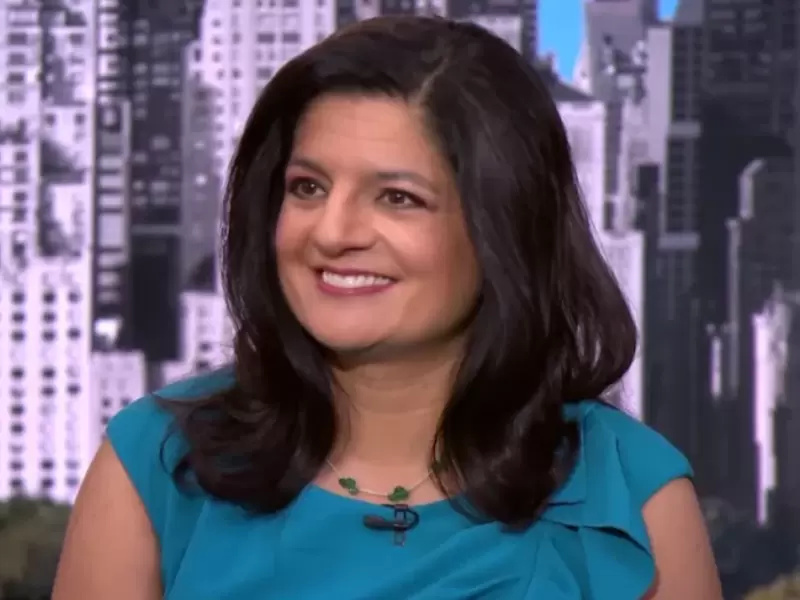
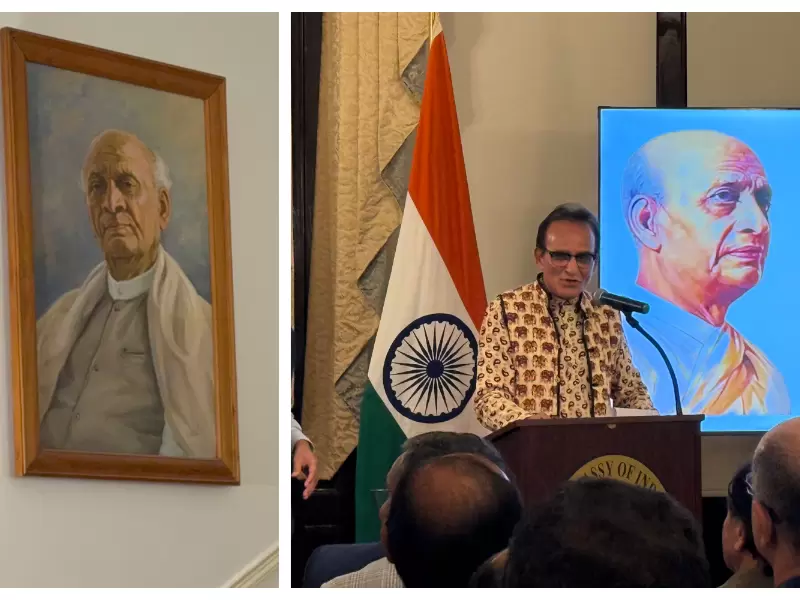
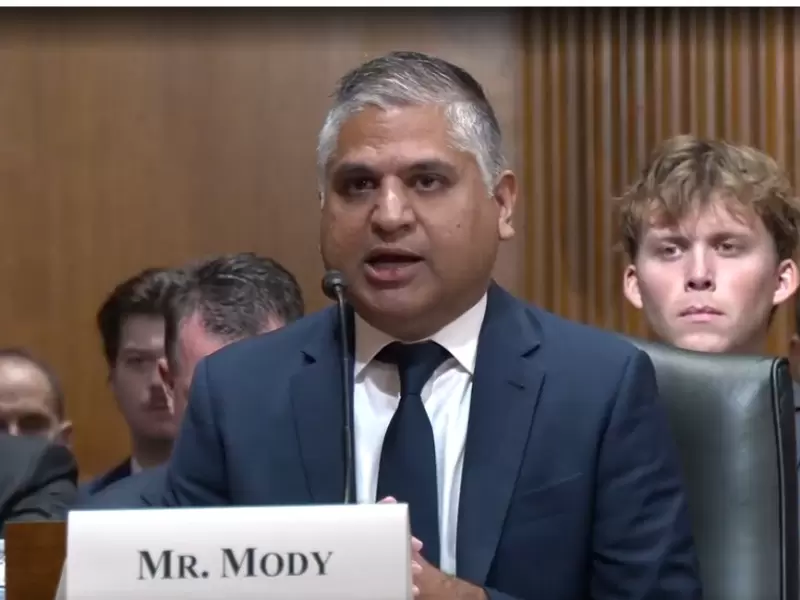
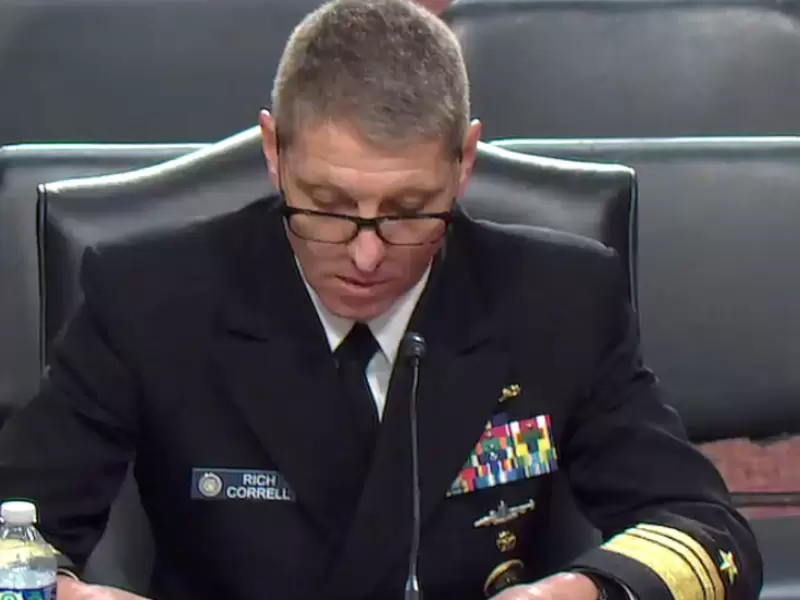

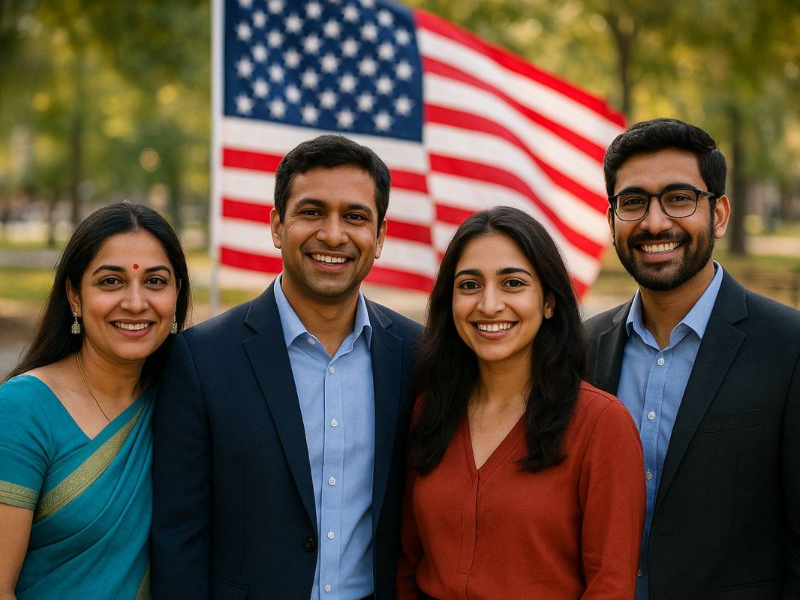


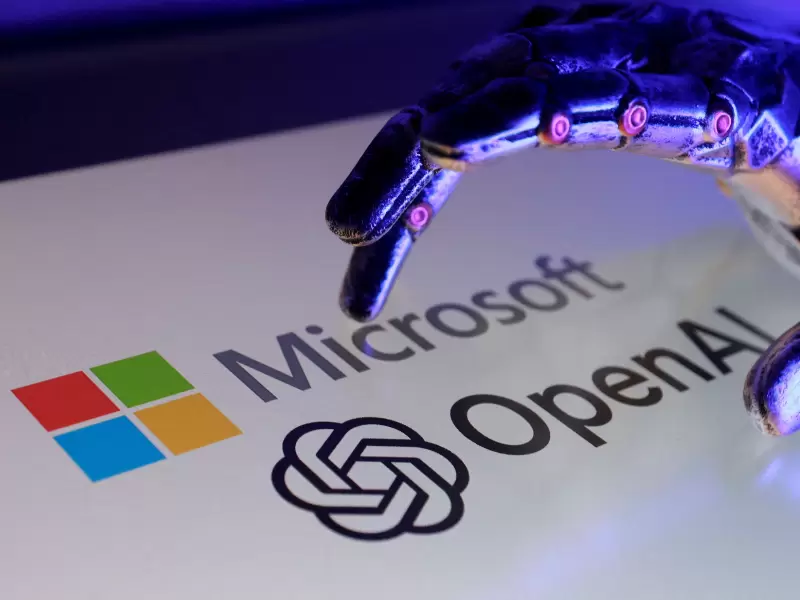
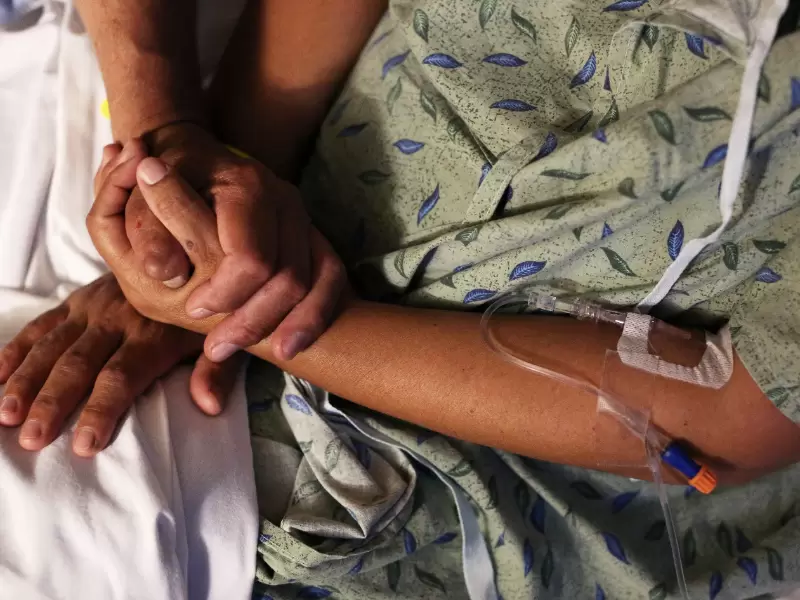


Comments
Start the conversation
Become a member of New India Abroad to start commenting.
Sign Up Now
Already have an account? Login